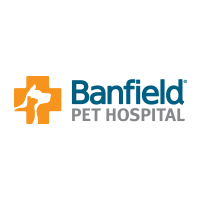
How to Keep Your Pets Safe and Well During a COVID-19 Lockdown
04/13/2020 06:00AM | 4724 viewsBy Joanna Gale
Veterinary care during the COVID-19 pandemic
It’s fair to say we’re living in unusual and worrying times. Due to the COVID-19 pandemic many people have had their work routines and their children’s schooling regimes turned upside down. Some have been struck down by the illness themselves, or have seen loved ones or colleagues affected.
If you’re a pet owner in the UK you may have noticed that your local veterinary practice, whilst remaining open, has stopped dealing with non-urgent or routine appointments and elective surgeries and is only seeing animal patients who have a health emergency. In doing this they are following the guidance of veterinary bodies such as the Royal College of Veterinary Surgeons and the British Veterinary Association, who state that vets and vet nurses should avoid all unnecessary contact with clients and ensure that animals are only seen face to face where absolutely necessary.
This might be worrying for those whose pet is due for their vaccinations or other routine care, but this unprecedented situation calls for extreme measures. Veterinary practice teams have a duty to protect the health of their staff, as well as that of their clients. This human health crisis means that, whilst safeguarding animal welfare is still a priority, normal practices and protocols need to be adapted to keep humans safe too.
Many vet practices are offering telephone or video consultations, enabling pet owners to get advice about their pet’s condition, and can be advised whether it is a true emergency which necessitates a visit to the practice, or whether they can manage their pet’s issue at home.
Medications can usually be posted out or may be available for “contactless” collection from a designated place. If you are advised that your pet needs to attend the practice, you’ll likely be asked to wait in the car, where your pet will be collected and taken into the building without you, and returned when the examination or treatment is completed, to minimise human to human contact.
Keeping your pet safe and well becomes even more vital at this time, to avoid having to make trips to the vet practice. Walk your dog on a lead, and keep garden gates firmly closed to avoid escaped pets getting involved in traffic accidents. Keep foods and medications which are toxic to pets well out of reach, and make sure pets who aren’t neutered aren’t allowed to roam, as they could end up with unwanted pregnancies.
But please don’t worry – your veterinary practice team are still available for help, advice and guidance. You may be asked to postpone vaccinations, neutering or nail clipping appointments for the next few weeks. That might fill you with concern, after all you’ve been told many times how vital this preventive care is. That remains the case, but this is a delay, not a total cancellation of those activities. Please be understanding and show empathy if your vet turns you away or cancels your appointment. They are trying to protect you at the same time as caring for your pet.
And be assured, if your pet REALLY needs urgent vet care, it will be available.
What your pet really thinks about having you at home all day
If you’re currently self-isolating, shielding due to underlying health conditions, or simply working from home to avoid unnecessary travel and human contact, you might be spending a lot more time with your pets than you usually do. Pets can provide much needed companionship, especially for people who live alone, and – as they are completely unaware of all the alarming news headlines – can be a reassuring reminder of normality.
For some pets, having their owners at home all day may be a dream come true – more fuss and attention and no lonely times whilst everyone is out at work, school or social events.
For other pets - especially house cats - this disruption to their routine can be a bit troubling.
Cats are creatures of habit and for some felines, anything which alters that can be a source of stress. Even having more warm human laps around to sit on may not reduce the anxiety from the extra noise and activity.
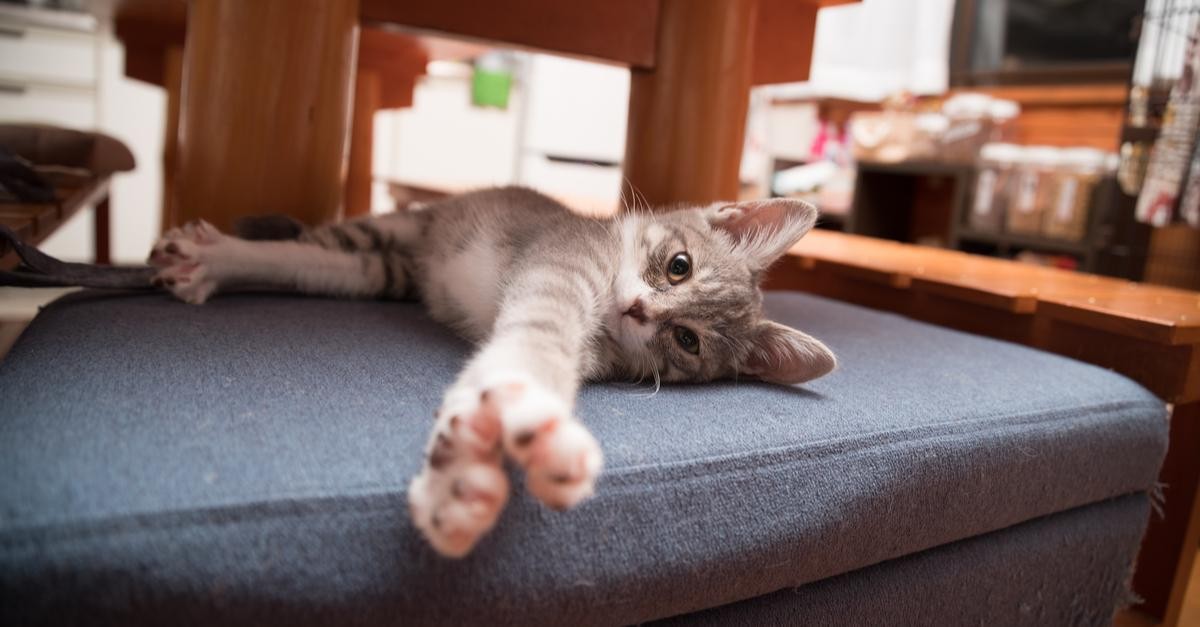
Helping your cat cope
To keep your cat contented make sure she has plenty of safe spaces to retreat to. Some cats like to go up high – a shelf or the top of a wardrobe. Others prefer a cosy dark space like under a bed or behind the sofa. If your home furnishings don’t allow for this, consider providing cardboard boxes or a pet cage covered with a blanket as a hiding place, ideally away from the hustle and bustle of human activities.
If your cat thinks having you at home is an excuse to beg for extra meals, don’t give in! Extra food is likely to lead to weight gain and associated health problems. Instead, get your cat to work for her food using an activity feeder (or even several, in different places around the house). You can buy these or make one if you’re feeling creative. These can also work for dogs, too, and are a great way to occupy minds and make mealtimes last longer and feel more satisfying. Here are even more ideas if you’re feeling creative.
Make sure there are plenty of litter trays available – a useful rule of thumb is to have one for every cat in the household plus one extra, and make sure they are in quiet areas, away from human traffic. Keep these fresh and clean so your cats aren’t deterred from using them (as they’ll often find somewhere else to relieve themselves and it might be your carpet or soft furnishings!).

Pups on lockdown
If you’ve recently acquired or adopted a puppy you might be worried about how you can socialise them during COVID 19 restrictions, when many normal activities aren’t possible.
Putting off socialisation for weeks or months isn’t an option, as the “formative period”, when the pup is around 3-16 weeks of age, is the crucial time for making sure they have plenty of positive experiences in different situations; setting them up to be a relaxed, calm and unafraid dog, confidently able to cope with new experiences when they start to explore the wider world
Dr Tammie King, pet behaviour expert at the Waltham Petcare Science Institute, offers some reassurance that having a puppy during this time of social distancing doesn’t need to be a disaster.
“Being stuck at home means you may have more time than usual during the day to play with, train and hang out with your new pet. However, I’d usually recommend that once a puppy has completed their vaccinations, they should be getting exposure to the outside world. As vets are currently only dealing with emergency cases, your pups vaccines are likely to be delayed for the time being, so you need to socialise your pup without exposing them to doggy diseases”
Here are some ideas from Tammie for making the best of this unusual situation:
- Small pups can be carried on your daily exercise walk, so they can hear and see the world around them without coming into contact with other dogs, or their urine or faeces. Let them watch traffic go by, along with bikes, pushchairs, people and other dogs (at a safe distance) and let them get used to the noise and smells. Be sure to reward them when they encounter these new sights, as well as when they are calm and relaxed.
- Even if you can’t go for a drive, if you have a safe place to do so - such as your driveway - put your pup in the car for short periods and switch the engine on. You can let him sit, sleep and play in the car, put the wipers on, and even put the radio on. Stay with him to make sure he stays calm and doesn’t get upset. Avoid him getting overwhelmed by introducing one new thing at a time.
- At home, introduce your puppy to a variety of surfaces like gravel, wooden floors, grass, bubble wrap, tin foil, drainage grates and anything else you can. If your pup is cautious, that’s ok. Let him take his time, and never force or coerce him. You can encourage him to explore using his favourite treats as a reward.
- Practice handling skills on a daily basis. You can get your puppy comfortable with you touching his paws, ears, tummy, and tail, as well as opening his mouth for you to examine his teeth and gums. Be sure to pair these handling activities with a food reward, You can use a healthy, dog-safe treat or use some of his main meal fed by hand. These activities will prepare him for general care procedures like nail cutting and teeth cleaning. Not only does this make it much easier for you to care for and check your pet at home, your vet will thank you when your pup is calm and relaxed about being examined at their practice.
- When your pup is having fun playing, have a variety of background noises such as thunder, fireworks, babies crying and children shrieking, car alarms, dogs barking, doorbells, sirens and kitchen appliances. These can be found online on YouTube and some apps. Some pet charities have recordings of these noises specifically for this purpose. Start with the volume low as your dog is playing happily and gradually increase the volume. If he shows any anxiety or discomfort, turn the volume back down to a level which he’ll comfortably ignore.
- Begin introducing your puppy to unusual objects like the vacuum cleaner, skateboards, wheelie bins, shovels, rakes, lawnmowers, hairdryers, rustling plastic bags, umbrellas, robotic toys, mops and brooms. At the Waltham Petcare Science Institute, our pups take part in “puppy school” which involves exactly this type of activity
- If you have opportunity to walk through or alongside fields that you know aren’t frequented by other dogs, you can introduce your puppy to as many different animals as possible, such as horses, rabbits, birds, and livestock. Teaching him to be calm and not get excited or aggressive around other animals is crucial
- Take advantage of the increased time you’ll spend with your puppy by reinforcing desirable behaviour. Toilet training will be accomplished far quicker if you can consistently take your puppy to a designated toilet area and reward them when they pee or poo. Also, giving them with a long-lasting puppy-safe chew for settling on their bed in a room while you work will reinforce calm, quiet behaviour. When you’re on your lunch break, spend time teaching them a few basic skills like sit, down, stay and leave
- Although you may be at home most of the time right now, it’s important to spend time teaching your puppy how to cope with being separated from you in preparation for when you do go back to work or the kids go back to school. You can leave your pup in a safe place indoors for a short time whilst you go into the garden or another room in the house, gradually building up to longer periods of time until he is calm about being left alone for a couple of hours.
You can explore even more puppy advice here. Just make sure you comply with any local restrictions around travel or contact with other people.
I hope you all stay safe and healthy over the coming months.
***
This article was originally posted on LinkedIn.

Joanna Gale is Global Scientific Advocacy and Stakeholder Relations Manager at Mars Petcare.
Get connected with Joanna:
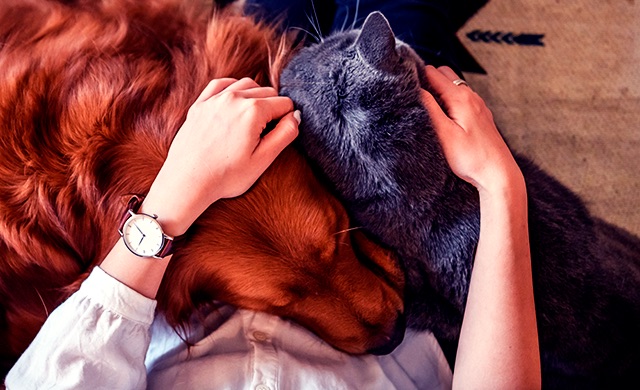







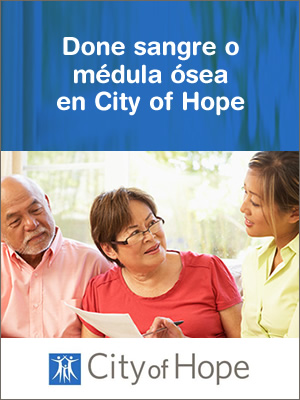
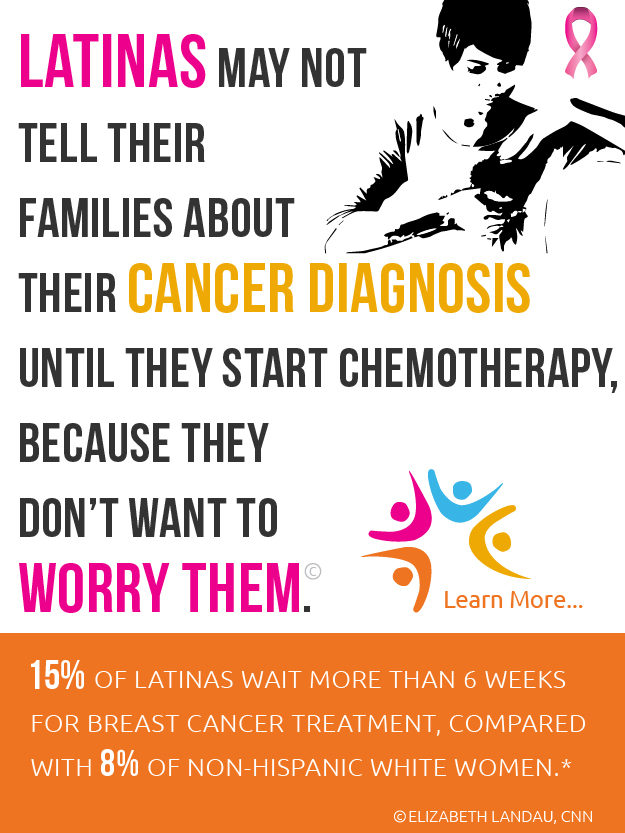

Post your Comment
Please login or sign up to comment
Comments